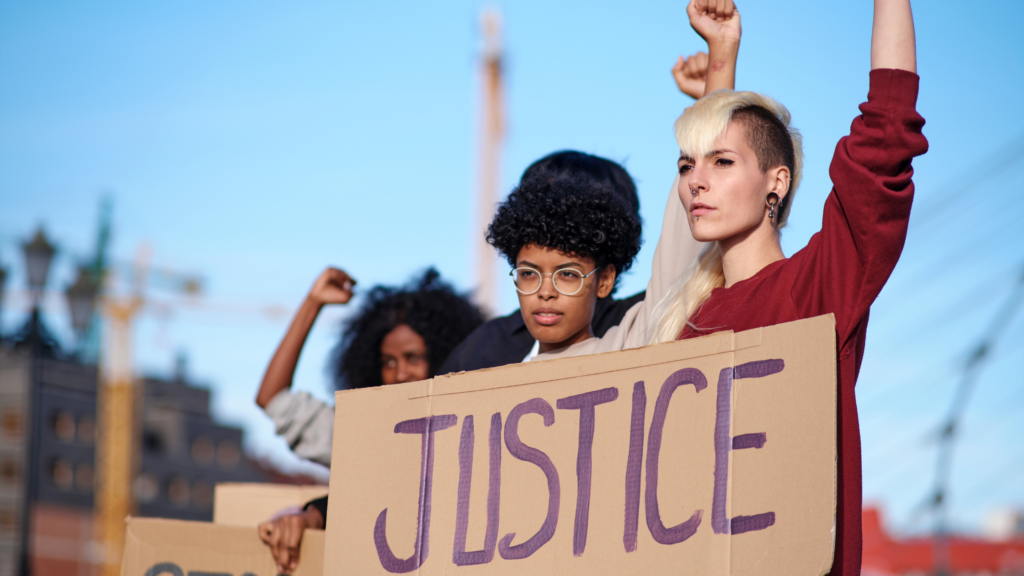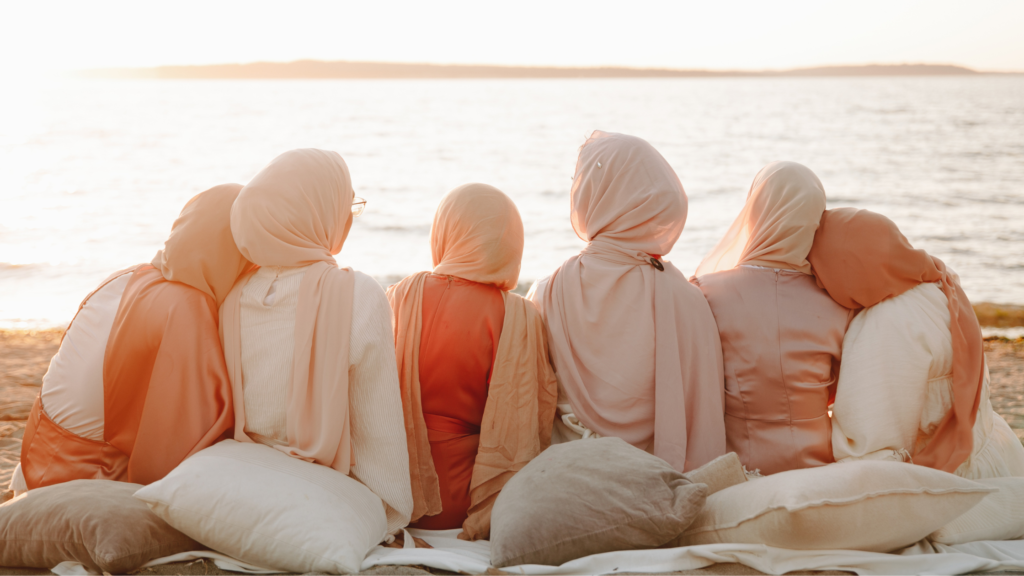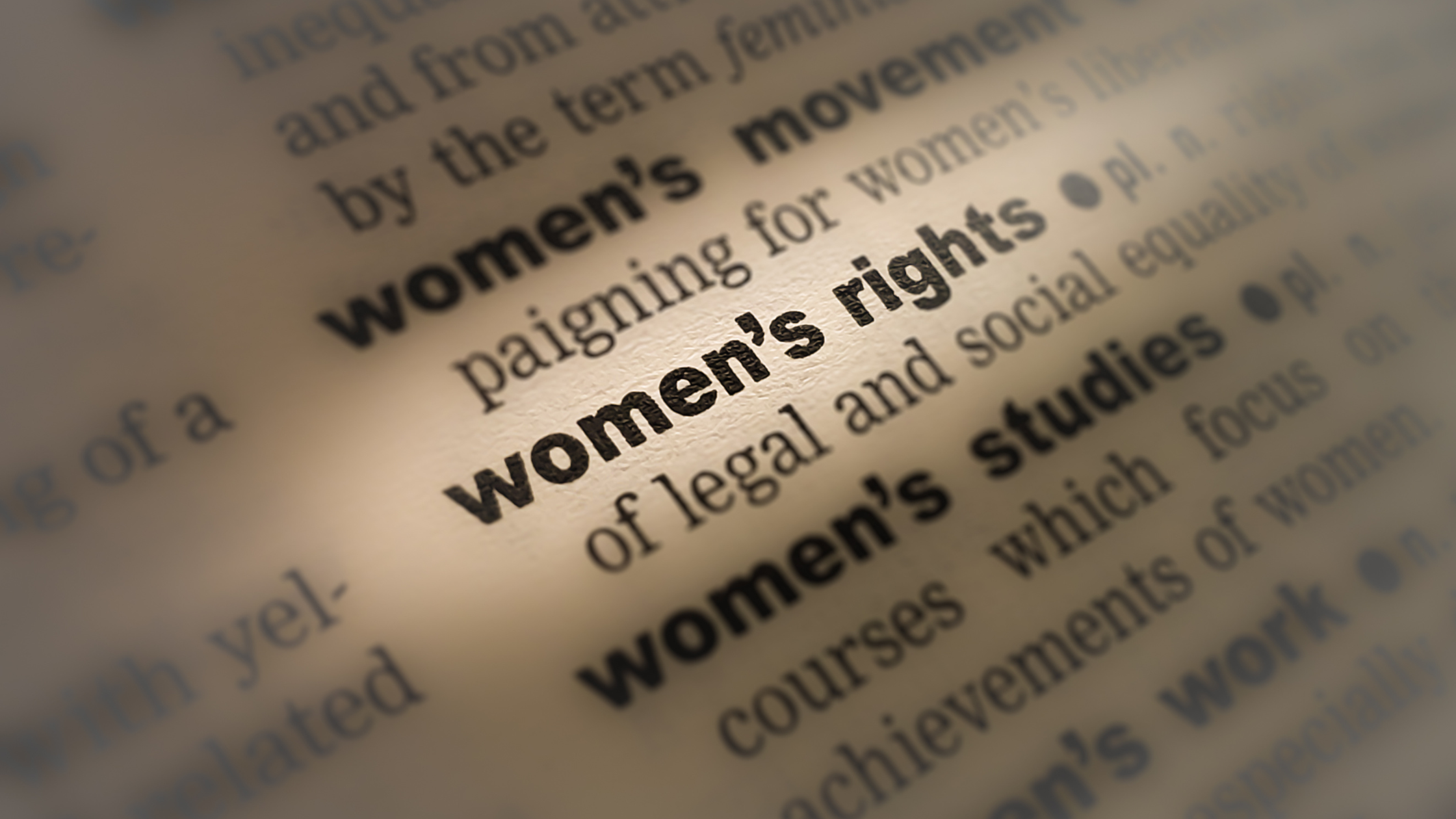VAWA and Islam on women rights share a powerful commitment to justice, safety, and equity for survivors of abuse. Enacted in the United States in 1994, the Violence Against Women Act (VAWA) marked a significant step in addressing domestic violence, dating-based violence, and sexual assault. This federal law provides legal protections and support systems for survivors, promoting principles of justice, dignity, and safety. Similarly, Islam offers a framework for women’s rights rooted in ideas of equality and protection.
Protecting Women from Harm: VAWA and Islam’s Shared Values

The emphasis of VAWA and Islam on women rights reflects their dedication to protecting women from violence and fostering a culture of dignity and respect. VAWA prioritizes women’s physical and emotional safety by ensuring access to protective orders. It acknowledges that protecting women from violence is a fundamental right and an obligation. Islamic law (also known as Sharia Law) similarly emphasizes the prohibition of harm. The Quran explicitly prohibits oppression and violence, stating, “And do not kill the soul which Allah has forbidden, except by right” (Quran 17:33).
Additionally, the principle of “la darar wa la dirar” which means no harm or reciprocation of harm, demonstrates the societal obligation to protect women and all people from harm. Furthermore, The Prophet Muhammad (peace be upon him) said, “None but a noble man treats women in an honourable manner. And none but a dishonourable man treats women disgracefully.” Both VAWA and Islam reflect the protection of women and the important role society has in keeping women safe.
Justice and Economic Empowerment: A Unified Approach to Women’s Rights

Through survivor-centered justice, VAWA and Islam on women rights promote fairness, accountability, and societal support to address abuse effectively. One of the aspects of VAWA is its legal action for survivors, which enables them to seek justice through courts, protective orders, and prosecutorial support.
Islamic practices uphold similar principles of justice. Acts of violence, including domestic abuse, are considered violations of human morality and are met with strict legal and moral repercussions. The Prophet Muhammad (peace be upon him) condemned violence against women, stating, “The best of you are those who are best to their wives” (Imam Tirmidhi). The Islamic principles of qisas (retribution) and diyyah (compensation) ensure that justice is served in cases of harm, while mechanisms like arbitration in family disputes emphasize accountability.

Economic independence is crucial for women to escape abusive situations. VAWA and Islam on women rights emphasize the importance of economic independence as a key to empowering survivors and achieving long-term stability. VAWA-funded programs provide financial assistance, helping women escape abusive situations and rebuild their lives with dignity and autonomy.
The importance of financial independence is seen in Islam, where women are guaranteed financial rights, including the right to own property, write their own contracts, inherit, and receive financial support. A woman’s wealth remains her own, even in marriage, and husbands are obligated to provide for their wives without diminishing their autonomy. Additionally, Islamic teachings on zakat (charity) and sadaqah (voluntary giving) encourage community support for vulnerable individuals, including survivors of violence.
Conclusion

The connections between VAWA and Islam on women rights highlight a shared commitment to justice, protection, and empowerment. Both structures recognize that a society cannot thrive if women live in fear of violence or oppression. By bridging modern legislative approaches with Islamic principles of equity, communities can foster environments where women are safe and empowered. The alignment of VAWA and Islamic values reminds us that the pursuit of gender equality and justice unites people of all beliefs in the universal goal of protecting and uplifting women to provide a foundation for meaningful change.
If you or someone you know has experienced domestic violence and is exploring options for legal relief, our detailed article, VAWA Relief for Domestic Violence Victims, provides crucial insights into how VAWA can offer a pathway to safety and empowerment. Discover how this vital relief can change lives.
Let us guide you through understanding the shared principles of VAWA and Islam on women rights and how they can apply to your case. Contact Qazi Law today at 630-504-0648 for a free case evaluation, or click here to book an appointment with Attorney Farrah. Let’s work together to ensure your rights are protected and your case is handled with care.
Facebook: Qazi Law Offices
Instagram: AbogadaFarrahQazi
LinkedIn: Qazi Law offices

